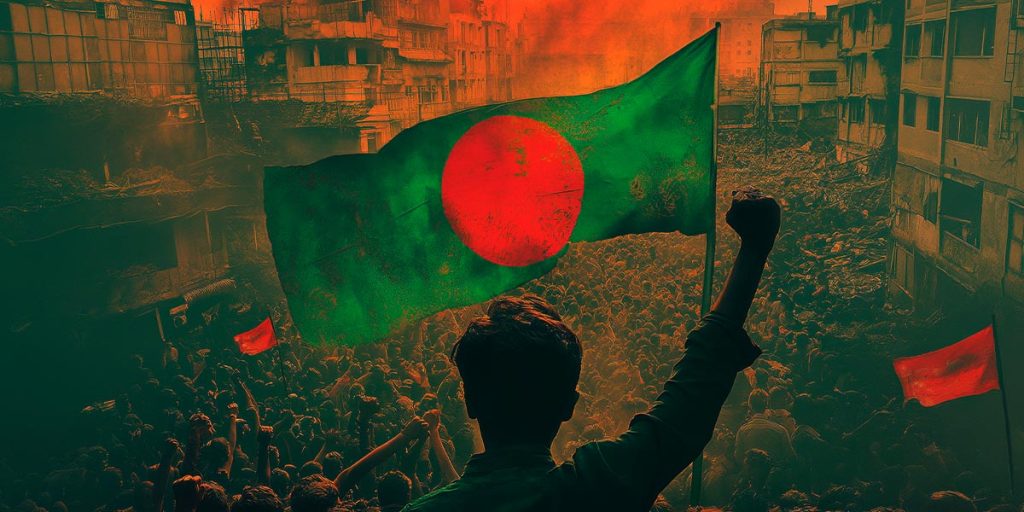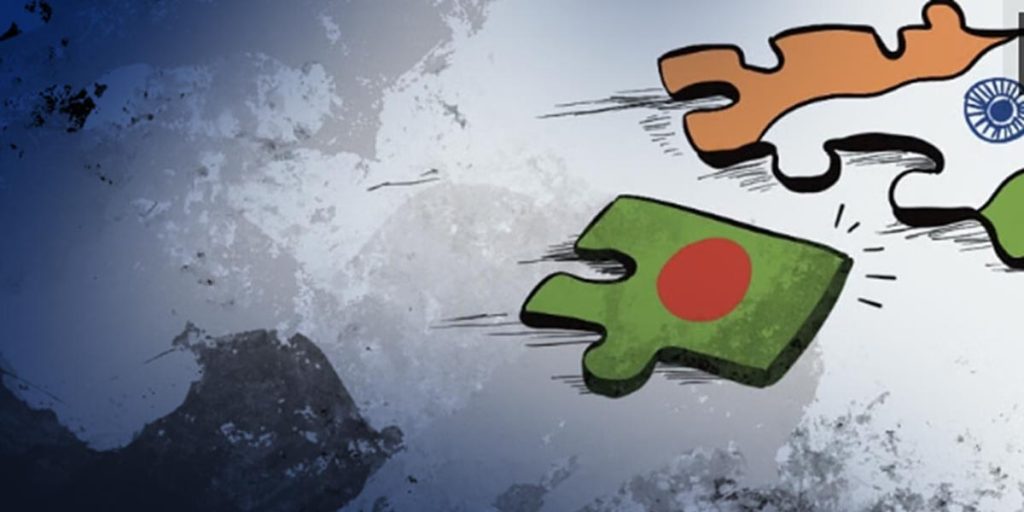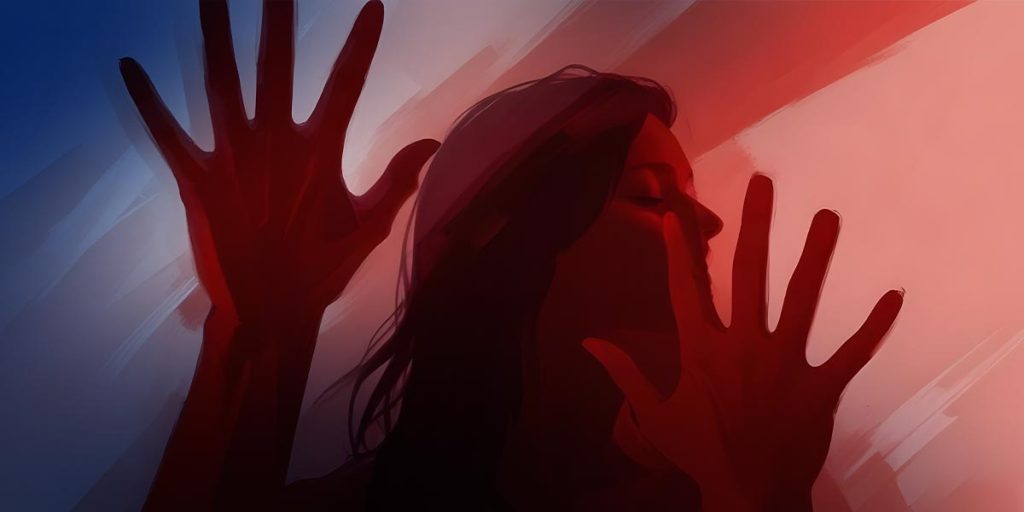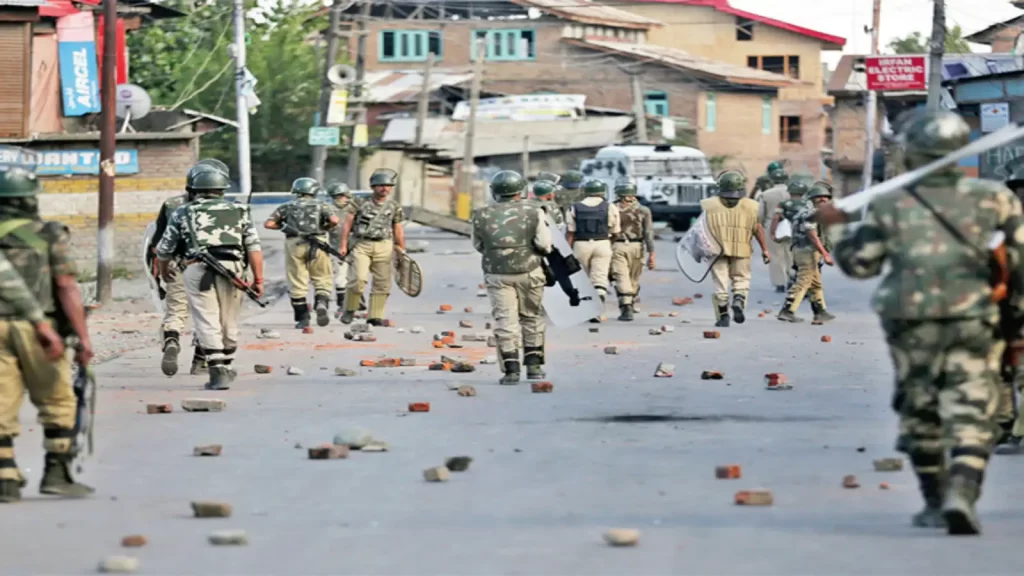Introduction
Bangladesh, a South Asian nation known for its vibrant culture, resilient people, and rapid economic growth, has recently been embroiled in a wave of political unrest. The country, which has a history of political volatility, is once again facing significant challenges as tensions between the ruling party and opposition groups escalate. The recent political unrest has led to widespread protests, violence, and a deepening divide within the nation. This blog aims to provide an in-depth analysis of the recent political unrest in Bangladesh, exploring its root causes, key events, and the potential implications for the country’s future.
Background: A History of Political Turbulence
To understand the current political unrest in Bangladesh, it is essential to consider the country’s historical context. Since gaining independence from Pakistan in 1971, Bangladesh has experienced periods of political instability, military coups, and violent confrontations between political factions. The two major political parties, the Awami League (AL) and the Bangladesh Nationalist Party (BNP), have dominated the political landscape, often engaging in bitter rivalries that have led to widespread unrest.
The Awami League, led by Prime Minister Sheikh Hasina, has been in power since 2009 and has been credited with significant economic growth and development. However, the party has also faced criticism for its authoritarian tendencies, including allegations of suppressing dissent, curbing press freedom, and manipulating elections. The BNP, led by Khaleda Zia, has been the primary opposition party and has frequently accused the government of undermining democratic institutions and engaging in corruption.
The Recent Political Unrest: Key Events and Triggers
The recent political unrest in Bangladesh can be traced back to several key events and triggers that have exacerbated tensions between the ruling party and opposition groups. Some of the most significant developments include:
- Election Controversies: The 2018 general elections, which saw the Awami League secure a landslide victory, were marred by allegations of widespread voter suppression, intimidation, and electoral fraud. The BNP and other opposition parties boycotted the elections, claiming that they were not conducted fairly. The controversial election results further deepened the political divide and led to widespread protests.
- Arrest and Imprisonment of Opposition Leaders: The arrest and imprisonment of prominent opposition leaders, including BNP chairperson Khaleda Zia, have been a major point of contention. Khaleda Zia, a former prime minister, was convicted on corruption charges in 2018 and has been in jail since then. Opposition groups have accused the government of using the judiciary to target political opponents and stifle dissent.
- Economic Challenges: While Bangladesh has made significant economic progress in recent years, the country has also faced economic challenges, including rising inflation, unemployment, and income inequality. These economic issues have fueled public discontent and provided opposition groups with a platform to criticize the government’s policies.
- COVID-19 Pandemic: The COVID-19 pandemic has exacerbated existing political and economic challenges in Bangladesh. The government’s handling of the pandemic, including allegations of mismanagement and corruption in the distribution of relief funds, has drawn criticism from opposition groups and civil society. The pandemic has also led to increased economic hardship for many citizens, further fueling public frustration.
- Violence and Crackdowns: The recent political unrest has been marked by violent clashes between protesters and law enforcement agencies. Opposition groups have organized mass protests and rallies, often resulting in confrontations with police. The government has responded with a heavy-handed approach, including the use of tear gas, rubber bullets, and arrests of protesters. Human rights organizations have raised concerns about the use of excessive force and the suppression of peaceful dissent.
Root Causes of the Political Unrest
The recent political unrest in Bangladesh is rooted in a combination of political, economic, and social factors. Some of the key underlying causes include:
- Authoritarianism and Erosion of Democratic Institutions: Critics argue that the Awami League government has increasingly adopted authoritarian practices, including the suppression of opposition voices, curbing press freedom, and undermining democratic institutions. The concentration of power in the hands of the ruling party has led to a lack of political pluralism and a shrinking space for dissent.
- Political Polarization: The deep-seated rivalry between the Awami League and the BNP has led to intense political polarization in Bangladesh. The two parties have historically been unable to find common ground, leading to a cycle of confrontation and unrest. The lack of meaningful dialogue and reconciliation between the parties has further exacerbated the political divide.
- Economic Inequality and Discontent: Despite Bangladesh’s economic growth, income inequality remains a significant issue. Many citizens feel that the benefits of economic progress have not been evenly distributed, leading to widespread discontent. Economic challenges, including rising inflation and unemployment, have further fueled public frustration and provided opposition groups with a platform to criticize the government.
- Corruption and Governance Issues: Allegations of corruption and poor governance have been a recurring theme in Bangladesh’s political landscape. Opposition groups and civil society organizations have accused the government of engaging in corrupt practices, including embezzlement of public funds and nepotism. These allegations have eroded public trust in the government and contributed to the political unrest.
- Youth Unemployment and Frustration: Bangladesh has a large youth population, many of whom face challenges in finding employment and opportunities for upward mobility. The frustration and disillusionment among young people have made them a key demographic in the recent protests and unrest. Many young activists have taken to the streets to demand political change and greater accountability from the government.
Implications of the Political Unrest
The recent political unrest in Bangladesh has significant implications for the country’s future, both domestically and internationally. Some of the key implications include:
- Threat to Democratic Institutions: The ongoing political unrest poses a threat to Bangladesh’s democratic institutions and processes. The erosion of democratic norms, including the suppression of dissent and the manipulation of elections, undermines the country’s democratic foundations and could lead to further instability.
- Economic Impact: The political unrest and violence have the potential to disrupt economic activities and deter foreign investment. The uncertainty and instability created by the unrest could lead to a slowdown in economic growth and exacerbate existing economic challenges.
- Human Rights Concerns: The use of excessive force by law enforcement agencies and the suppression of peaceful protests raise serious human rights concerns. The international community has called for the protection of human rights and the release of political prisoners, but the government’s response has been met with skepticism.
- Social Cohesion and National Unity: The deep political polarization and unrest threaten social cohesion and national unity in Bangladesh. The country’s diverse population, including different ethnic and religious groups, could be further divided by the ongoing political tensions.
- International Relations: The political unrest in Bangladesh has drawn attention from the international community, including human rights organizations and foreign governments. The government’s handling of the unrest could impact Bangladesh’s relations with other countries, particularly those that prioritize human rights and democratic governance.
Ongoing Efforts and Potential Pathways to Resolution
Despite the challenges, there are ongoing efforts and potential pathways to address the political unrest in Bangladesh and move towards a more stable and democratic future. Some of the key efforts and potential solutions include:
- Dialogue and Reconciliation: Meaningful dialogue and reconciliation between the ruling party and opposition groups are essential to resolving the political crisis. Both sides must be willing to engage in constructive discussions and find common ground to address the underlying issues.
- Electoral Reforms: Ensuring free, fair, and transparent elections is crucial to restoring public trust in the democratic process. Electoral reforms, including the establishment of an independent election commission and measures to prevent voter suppression, could help address the controversies surrounding past elections.
- Strengthening Democratic Institutions: Strengthening democratic institutions, including the judiciary, parliament, and civil society, is essential to promoting accountability and good governance. The government must take steps to ensure the independence and integrity of these institutions.
- Addressing Economic Inequality: Addressing economic inequality and providing opportunities for upward mobility, particularly for young people, is crucial to reducing public discontent. The government must implement policies that promote inclusive economic growth and address the root causes of economic challenges.
- Protecting Human Rights: The government must take steps to protect human rights, including the right to peaceful protest and freedom of expression. Law enforcement agencies must be held accountable for any use of excessive force, and political prisoners should be released.
Conclusion
The recent political unrest in Bangladesh is a complex and multifaceted issue that reflects deep-seated political, economic, and social challenges. While the situation is deeply troubling, there are ongoing efforts and potential pathways to address the crisis and move towards a more stable and democratic future. The road ahead will require political will, dialogue, and a commitment to upholding democratic principles and human rights. Only through collective efforts and a shared vision for the future can Bangladesh navigate the storm and emerge stronger and more united.




